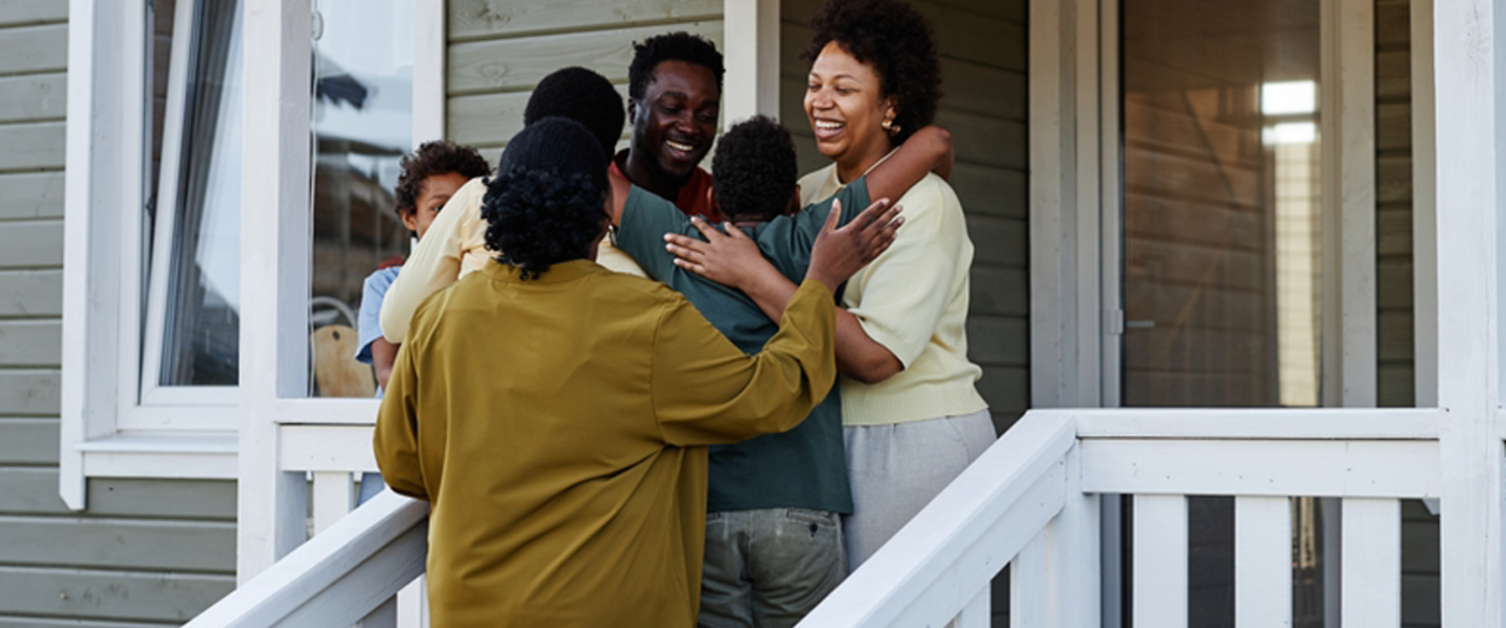Navigating the Emotions Following a Visitation Visit
- foster care rights, my rights
- Resources for Teens and Young Adults
Visitation is undoubtedly a challenging and emotionally charged experience that becomes increasingly difficult with time. It's tough to have limited time with our loved ones, knowing that we cannot go home with them and be in a space we are used to. The rollercoaster of emotions that accompany visitation is both bittersweet and daunting. There is a mixture of excitement and sadness, as we cherish the moments together but also have to say goodbye. It's natural for anger to arise towards the situation, adding to the emotional turmoil.
It can also be tough to watch foster siblings go through this every week when you’re not the one having a visitation. Having been in that position, I truly understand the difficulty of seeing my foster siblings return from their visits with a range of emotions. As the eldest in my foster home, I took on a big sister role to my three younger siblings. I felt a sense of responsibility to help them through their post-visit feelings while dealing with my own emotions.
To help myself and others cope, I found the following beneficial:
- Writing: Journaling can be a great way to get all the emotions you are feeling about your visit out.
- Keepsaking: Keeping something special at home that reminds you of a family member can also be helpful.
- Checking-in: Having someone you trust to check-in with you after a visitation can do wonders, even if you don't want to talk about how things went.
- Playing music: Playing your favorite songs can sometimes help you to get your mind off what you are feeling.
- Exercising: Moving your body is a great way to boost your endorphins and help you get the pain out and bring joy.
- Self-checking-in: Taking a moment to acknowledge your emotions is important, and you are allowed to feel happy, sad, excited, or mad. Taking a moment to just have your own space can help you gain insight into your emotions.
- Baking: Making something sweet can create a momentary distraction from stressors.
- Touching: Allowing someone to hug you if you are okay with physical touch can foster feelings of connection.
- Laughing: Finding something that can make you laugh can help reduce stress and boost your mood.
Navigating the emotional complexities of foster care visitation is challenging, but embracing these therapeutic activities can have a positive effect on your emotional well-being and others. Give them a try!
About the Author
Desiree Moore is a passionate former foster care alumni who is dedicated to writing about topics that are relevant to young people in foster care. She is currently studying psychology to help those who have experienced childhood trauma to heal and develop healthy relationships with themselves and others.
